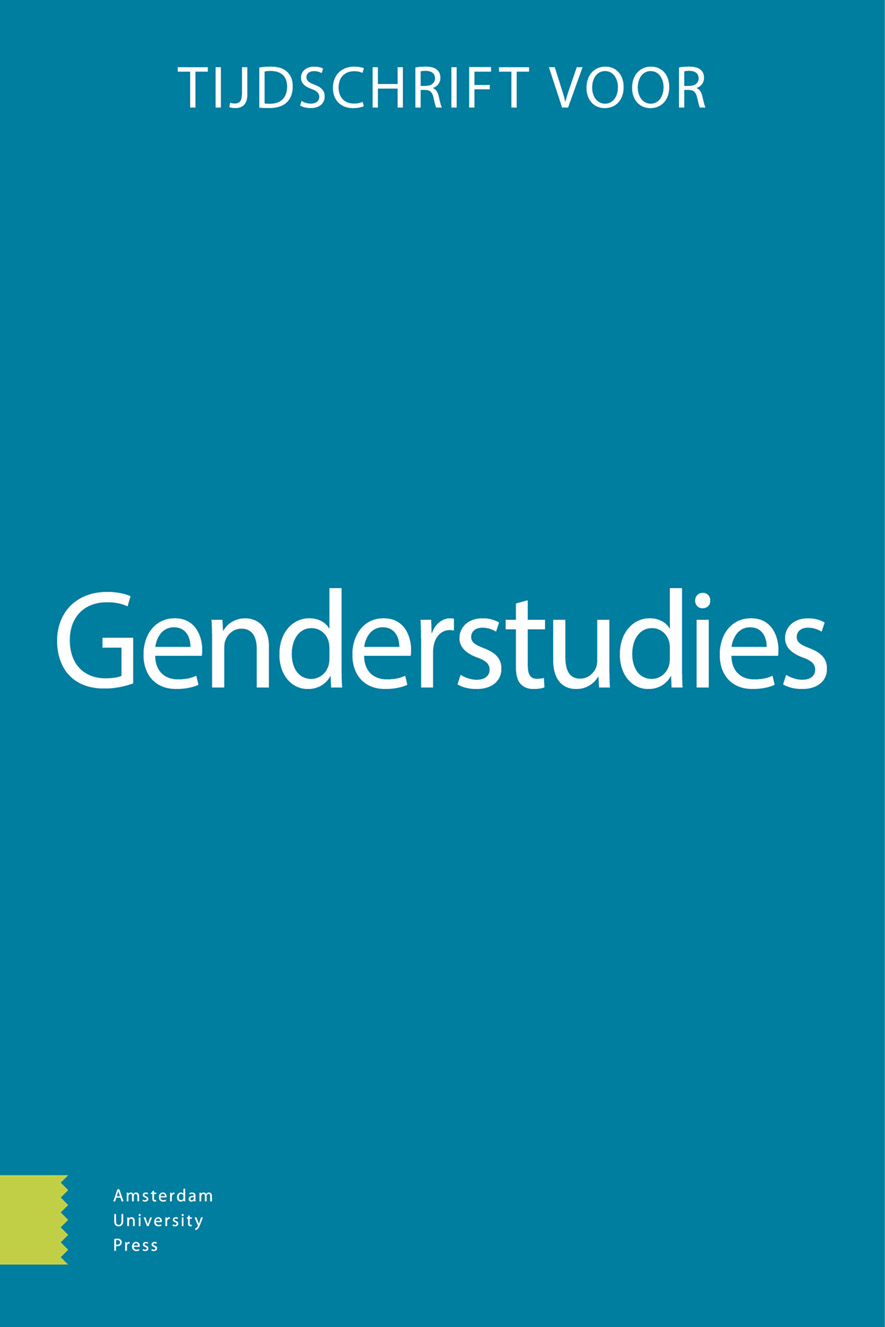-
oa De invoering van art. 248bis Sr. in historisch perspectief
- Amsterdam University Press
- Source: Tijdschrift voor Genderstudies, Volume 22, Issue 3, Sep 2019, p. 249 - 269
-
- 01 Sep 2019
Abstract
In 1911, Dutch parliament changed and expanded the vice laws of the penal code. The most controversial change was the introduction of art. 248bis Sr., which created a specific age of consent (21) for homosexual contacts, while it remained 16 for heterosexual behaviour. According to Attorney General E.R.H. Regout, homosexuality was spreading rapidly, resulting from the seduction of minors between the age of 16 and 21. Referring to Greek pederasty, he claimed that adult homosexuals preyed almost exclusively on this age group. Once seduced, a minor would become a homosexual himself. Although a memorandum briefly mentioned that the new article would also apply to women, lesbian behaviour was not discussed at all during readings in parliament: originating from his previous role as public prosecutor, boys and young men were the minister’s sole concern.
Most publications about 248bis Sr. are descriptive with a near self-evident focus on its repressive nature. This contribution also recounts the way in which Regout’s proposal was turned into law. Yet, based on a rereading of parliamentary papers, as well as on extensive archival research by the author, it raises questions viz-à-viz Regout’s concern over young males and its relationship to contemporary sexual folk knowledge and prevailing etiologies. Moreover, this article will argue that 248bis, aside from criminalising aspects of homosexual behaviour, also turned a disciplinary eye towards male adolescents at a time when puberty as a cultural construct began to emerge.


